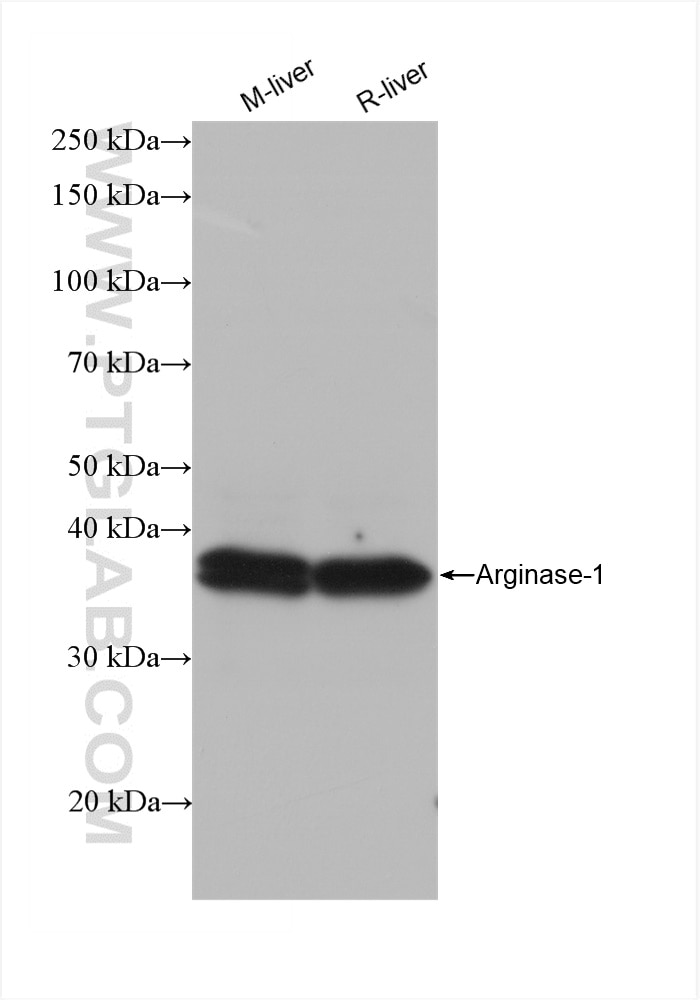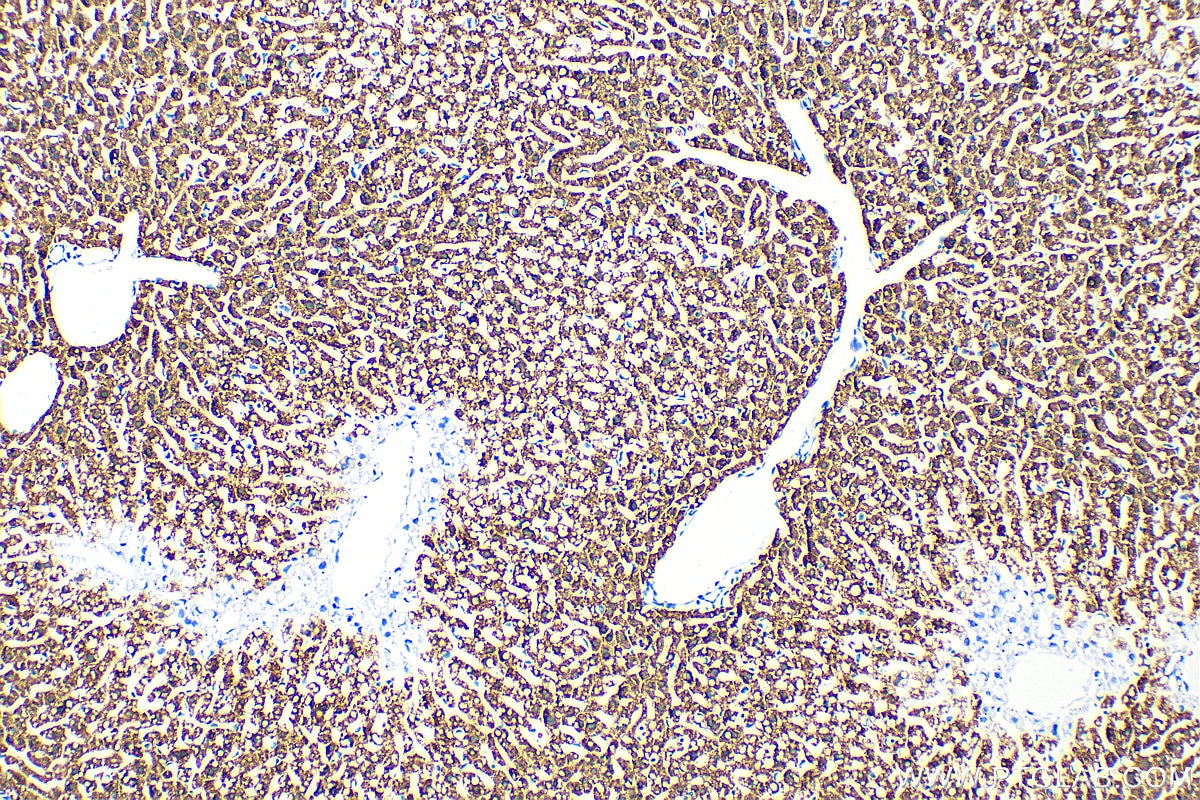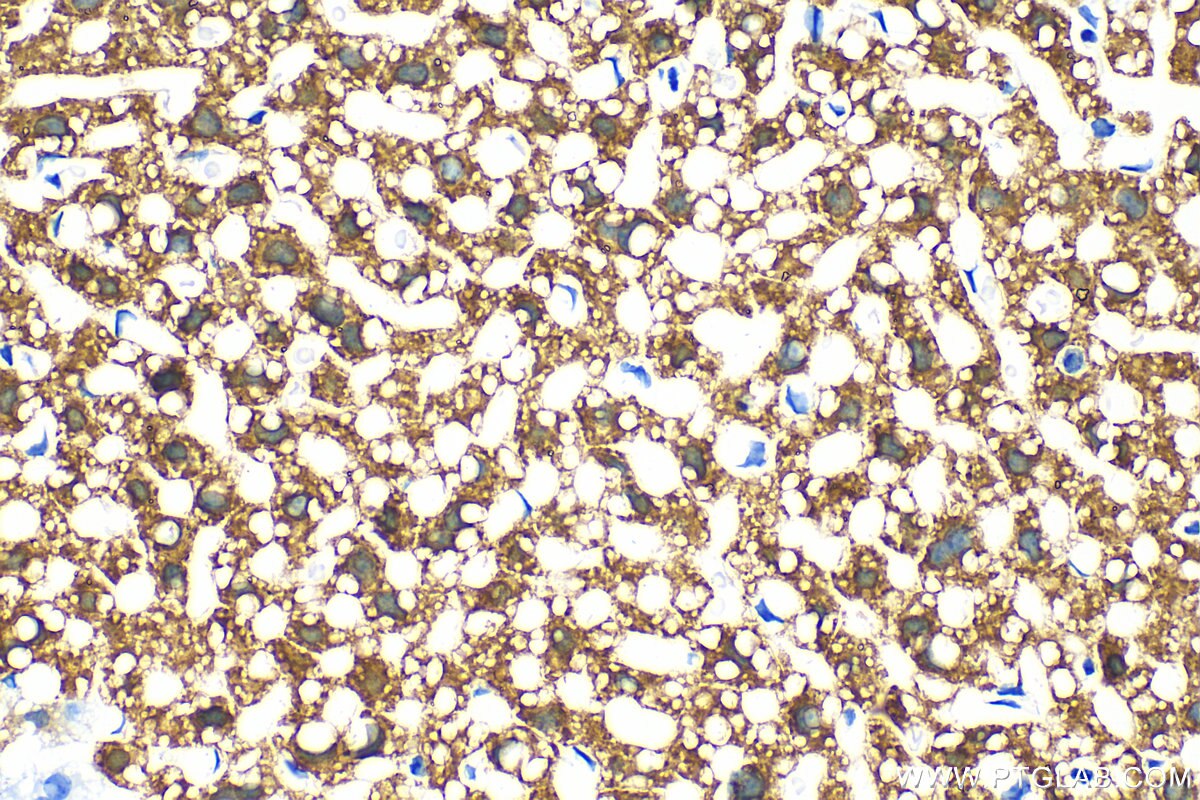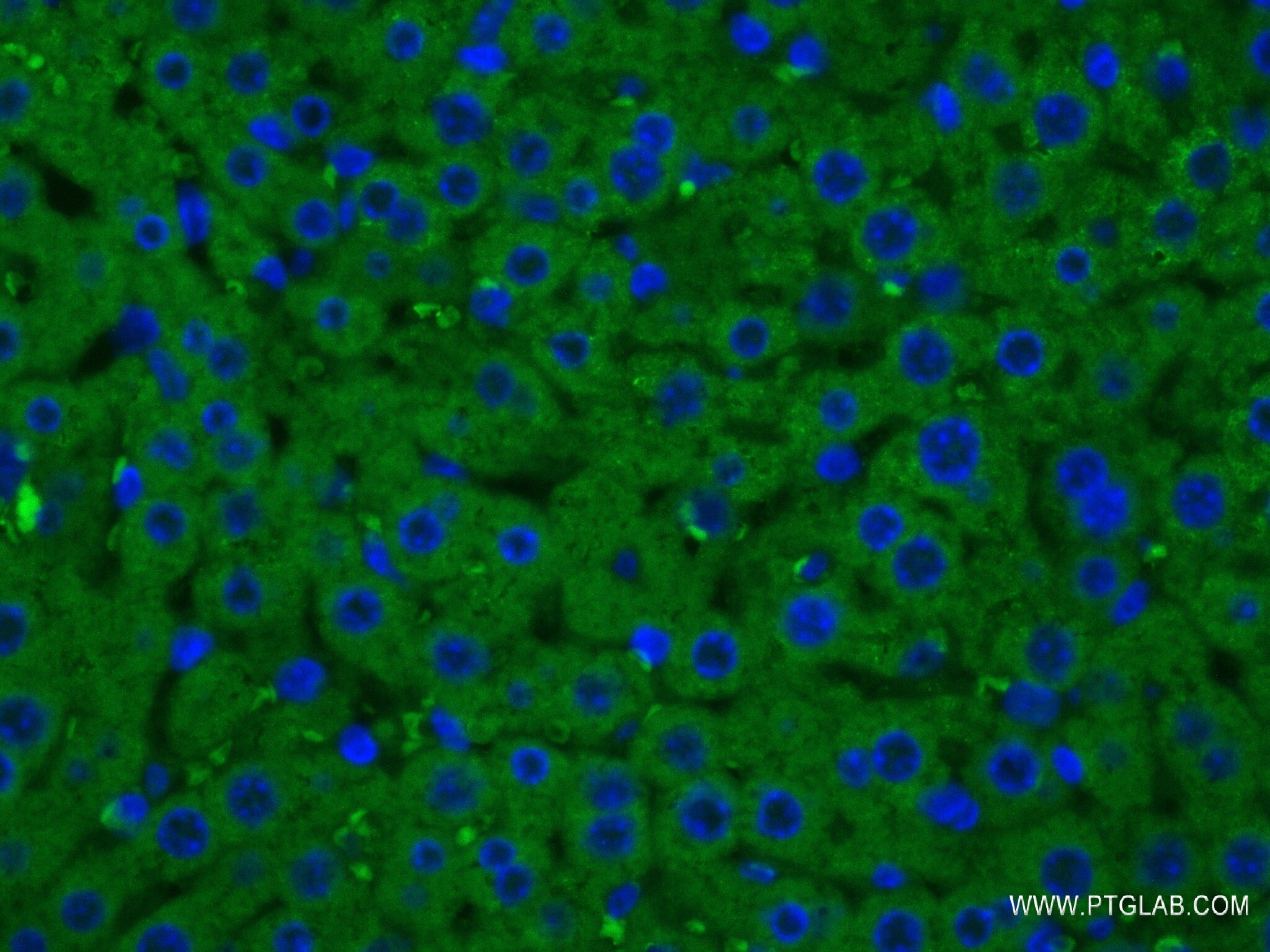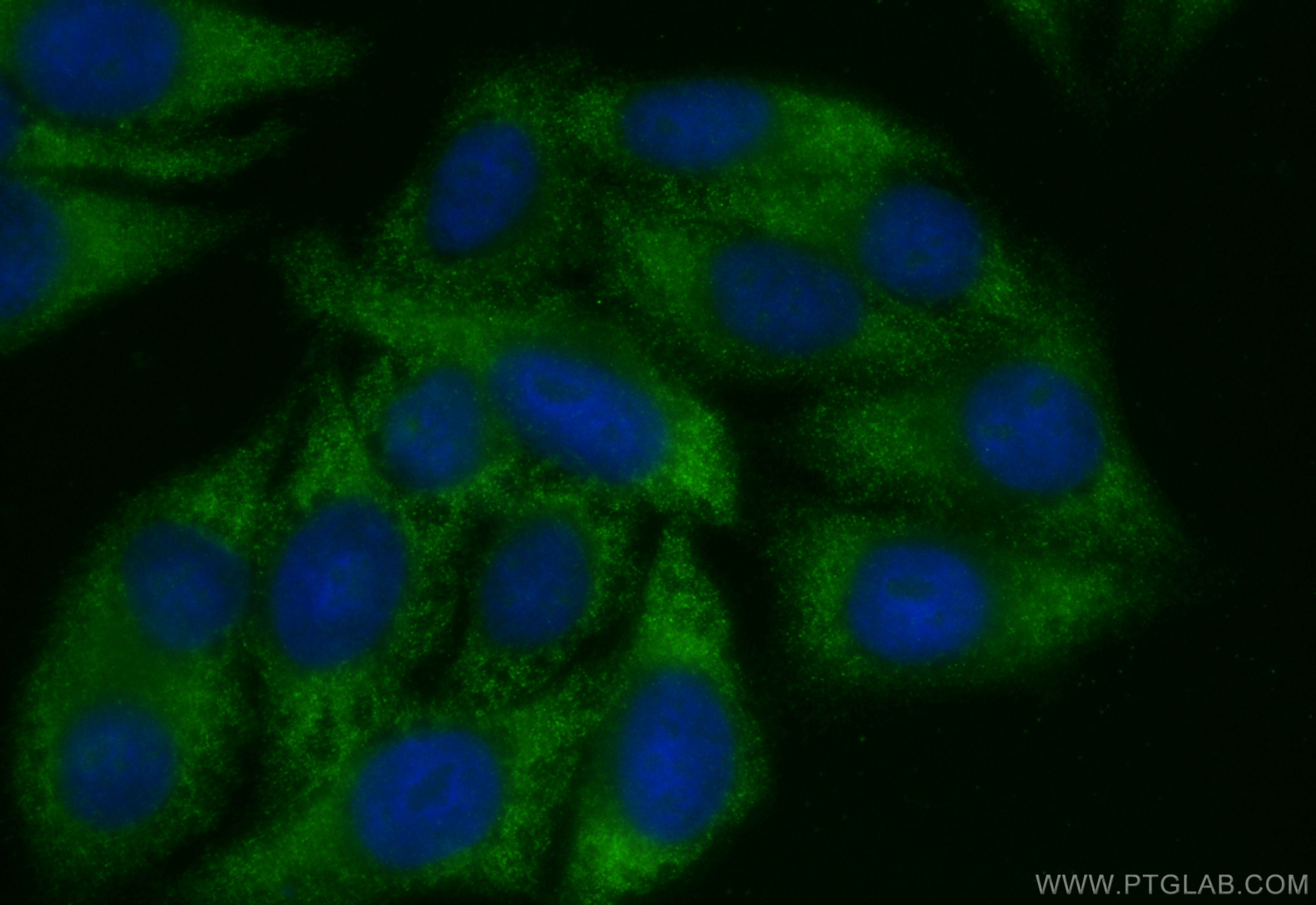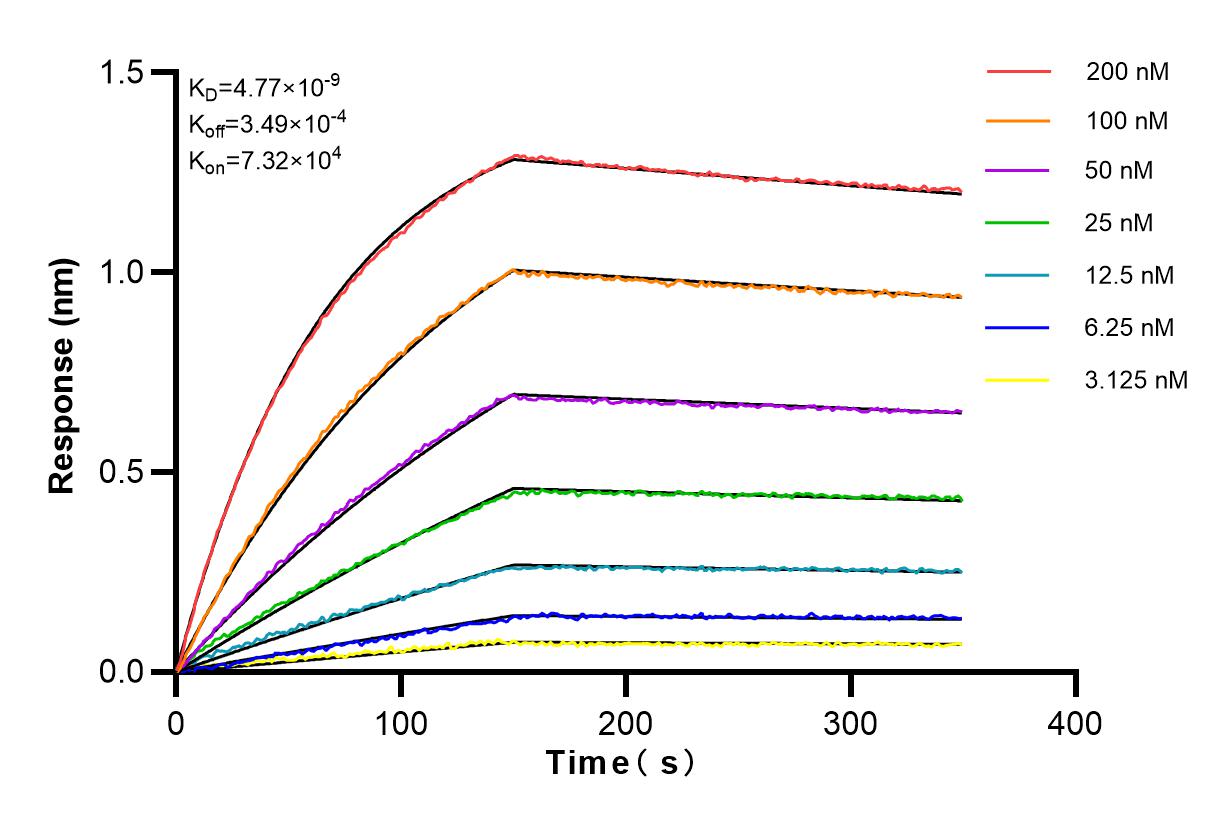Product Information
82975-1-PBS targets Arginase-1 in WB, IHC, IF/ICC, IF-P, Indirect ELISA applications and shows reactivity with human, mouse, rat samples.
| Tested Reactivity | human, mouse, rat |
| Host / Isotype | Rabbit / IgG |
| Class | Recombinant |
| Type | Antibody |
| Immunogen | Arginase-1 fusion protein Ag8595 Predict reactive species |
| Full Name | arginase, liver |
| Calculated Molecular Weight | 236aa,25 kDa; 322aa,35 kDa |
| Observed Molecular Weight | 35-36 kDa |
| GenBank Accession Number | BC005321 |
| Gene Symbol | Arginase-1 |
| Gene ID (NCBI) | 383 |
| Conjugate | Unconjugated |
| Form | Liquid |
| Purification Method | Protein A purification |
| UNIPROT ID | P05089 |
| Storage Buffer | PBS only, pH 7.3. |
| Storage Conditions | Store at -80°C. |
Background Information
Arginase-1 (Liver arginase) belongs to the arginase family. ARG1 is a novel immunohistochemical marker of hepatocellular differentiation in fine needle aspiration cytology and a marker of hepatocytes and hepatocellular neoplasms. ARG1 is closely associated with alternative macrophage activation and ARG1 has been shown to protectmotor neurons from trophic factor deprivation and allow sensory neurons to overcome neurite outgrowth inhibition by myelin proteins (PMID: 20071539, PMID:12098359). It can exsit as a homotrimer and it has 3 isoforms produced by alternative splicing (PMID:16141327). Defects in ARG1 are the cause of argininemia (ARGIN). Deletion or TNF-mediated restriction of ARG1 unleashes the production of NO by NOS2, which is critical for pathogen control (PMID:27117406). ARG1 mainly expresses in neurons in a normal brain. The expression of ARG1 increases in microglia/macrophages and astrocytes early after CNS injuries. ARG1 has been regarded as a marker for beneficial microglia/macrophages and possesses antiinflammatory and tissue repair properties under various pathological conditions (PMID: 26538310, PMID: 31619589).
